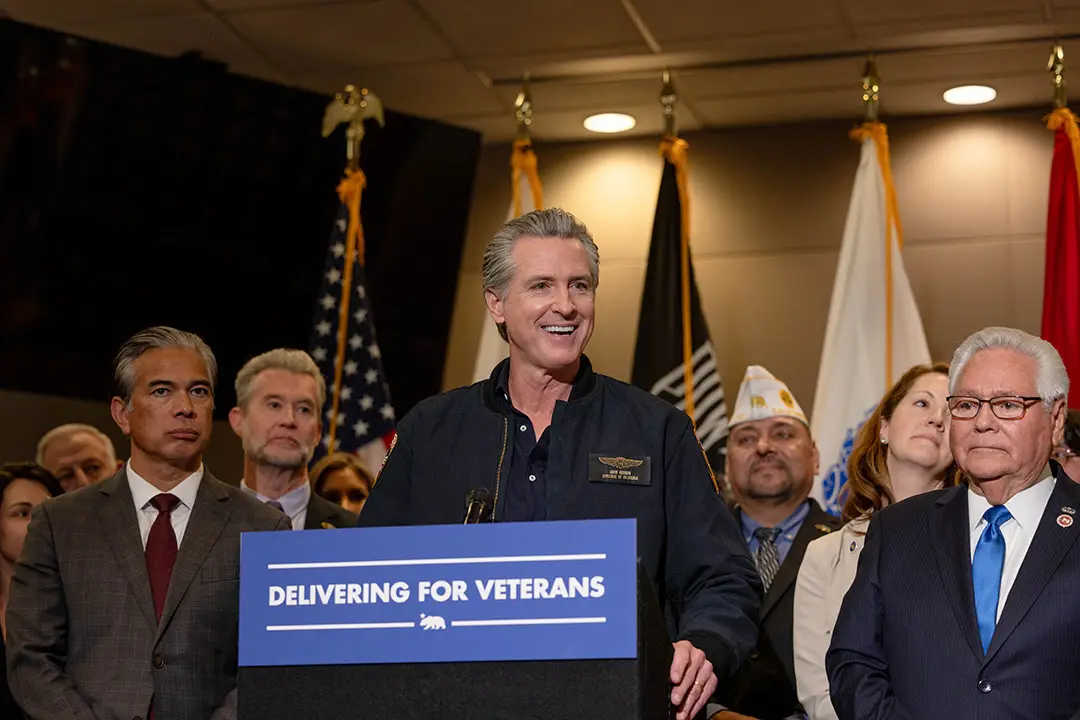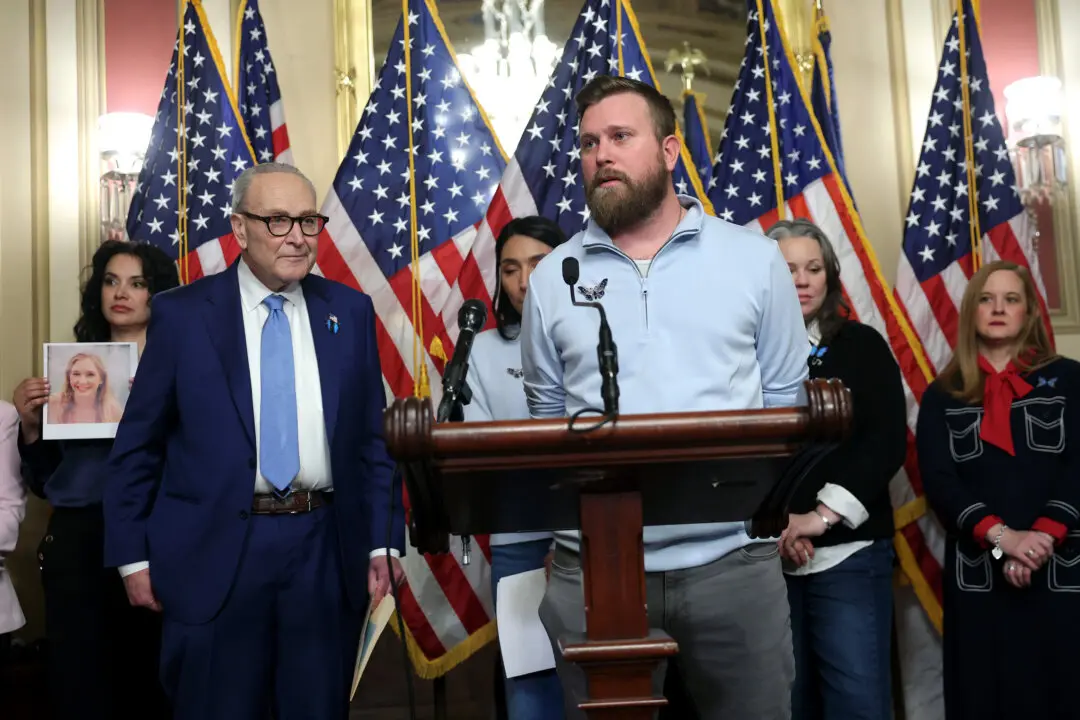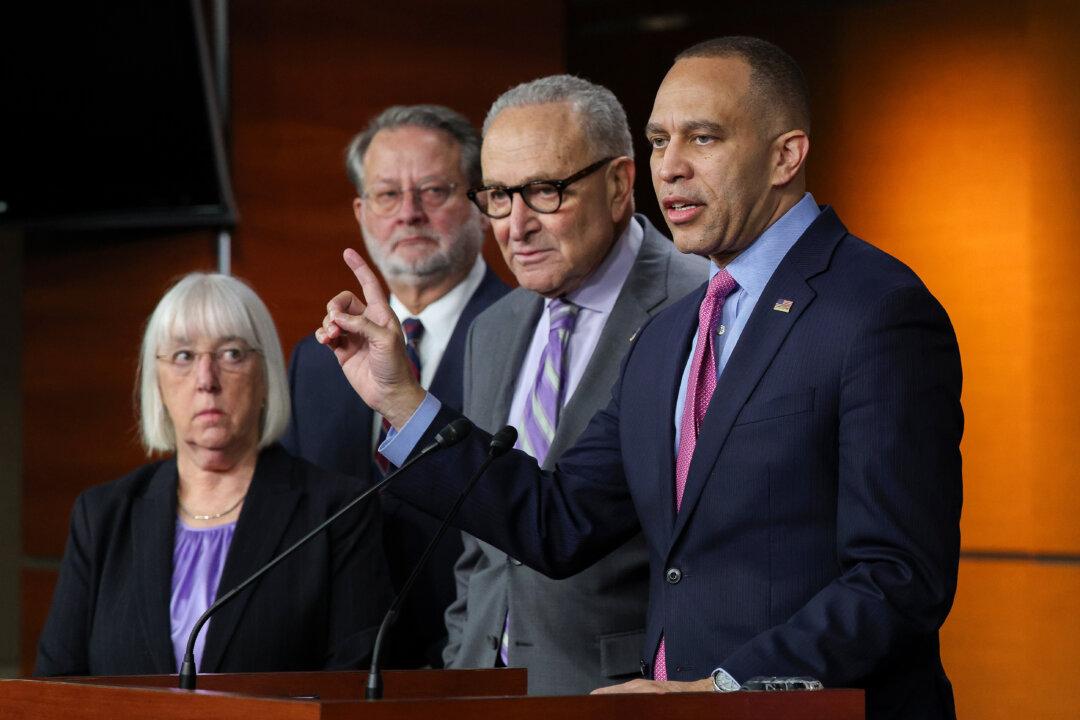The Department of Justice (DOJ) on March 27 announced the formation of a new Anticompetitive Regulations Task Force aimed at identifying and eliminating laws and regulations that hinder free market competition in the United States.
The task force, housed within the DOJ’s Antitrust Division, will focus on supporting efforts to remove what it calls “unnecessary regulatory barriers” imposed by state and federal governments that harm consumers, workers, and small businesses. The department will also solicit public input over a 60-day period, the department stated in the announcement.





